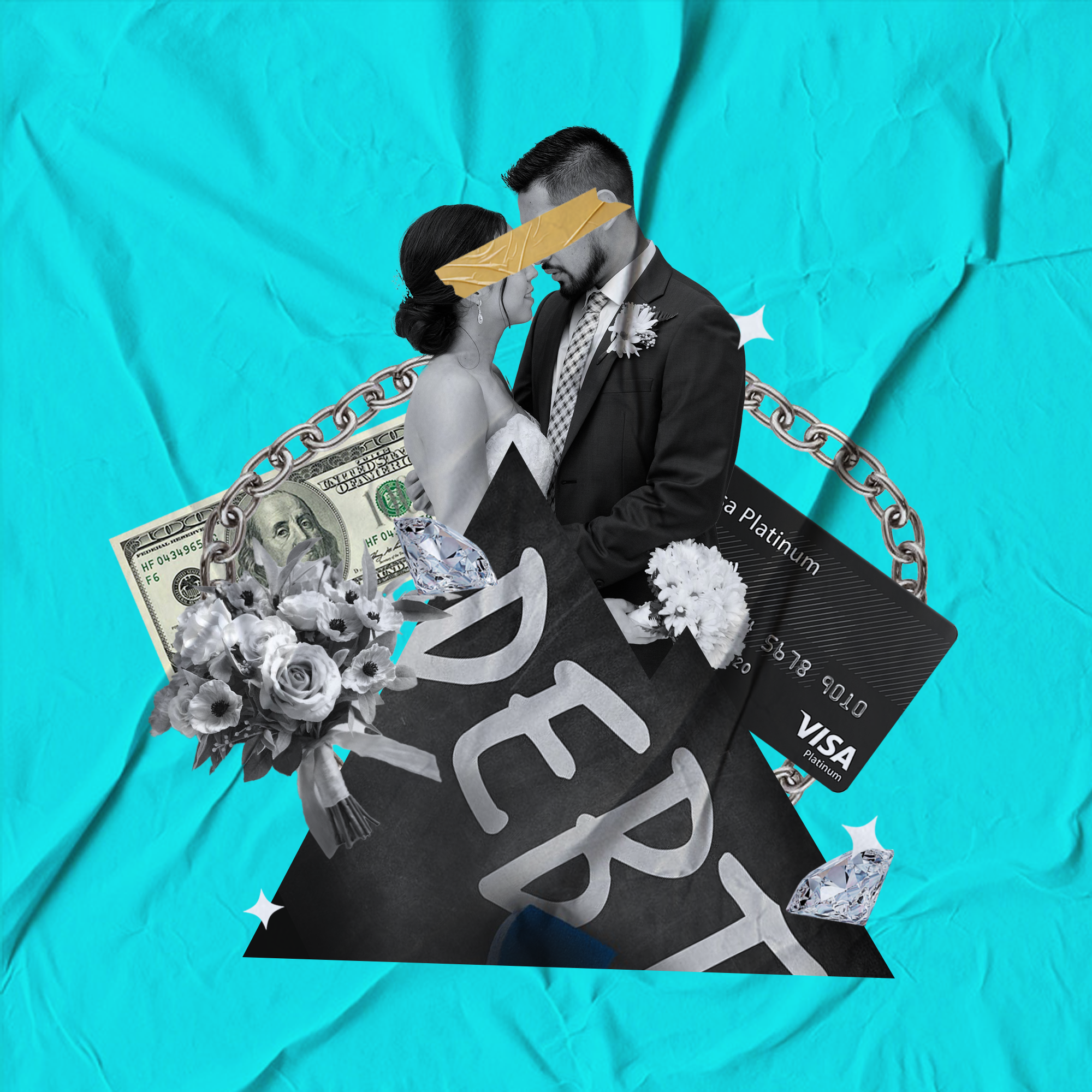Credit Card Repayment Calculator
Find out the estimated time it might take to clear your credit card debt.
Strategies for paying off credit card debt
pay it off and then shake it off!
The Avalanche Method
In contrast to the snowball method, the avalanche method prioritizes debts with the highest interest rates first, moving to those with lower rates after the highest-interest debts are paid off. This strategy can save you money in the long run by reducing the amount of interest you pay over time.
The Snowball Method
This strategy involves paying off your credit cards starting from the smallest balance to the largest, regardless of interest rates. By focusing on the smallest debt first and working your way up, you create momentum and a sense of accomplishment, which can motivate you to continue paying down your debts.
Balance Transfer Credit Cards
This approach involves transferring your existing credit card debt to a new card that offers a low or 0% introductory APR (Annual Percentage Rate) on balance transfers for a set period. This can help you save on interest charges and pay down your principal balance more quickly. However, it’s important to be aware of any balance transfer fees and to have a plan to pay off the debt before the introductory rate expires.
Debt Consolidation Loan
A debt consolidation loan allows you to combine multiple high-interest debts into a single loan with a lower interest rate. This can simplify your payments and potentially save you money on interest, making it easier to pay off your debt faster. It’s crucial to shop around for the best rates and terms, and to read the fine print to ensure that this option truly saves you money in the end.
Credit Card Payoff
FAQs
1. How can I make a payment on my credit card?
You can typically make payments on your credit card online through your bank’s website or mobile app, by direct debit, over the phone, or by mailing a check. Online payments often allow for immediate processing, while mailed checks may take several business days.
2. Can I set up automatic payments for my credit card bill?
Yes, most credit card issuers allow you to set up automatic payments from your checking or savings account. You can usually choose to pay the minimum due, the full balance, or a specific amount each month on a set date.
3. What happens if I miss a credit card payment?
Missing a credit card payment may result in late fees, increased interest rates, and a negative impact on your credit score. It’s important to contact your credit card issuer as soon as possible to discuss your options if you think you might miss a payment.
4. Can I pay my credit card bill with another credit card?
Directly, no, but you can use a balance transfer or cash advance from another credit card to pay your bill. Be aware that these options often come with fees and higher interest rates, so it’s important to consider the costs.
5. How do I know when my credit card payment is due?
Your credit card statement will list your payment due date, which typically falls on the same day each month. Many issuers also offer email or text reminders to help you remember to make your payment on time.


